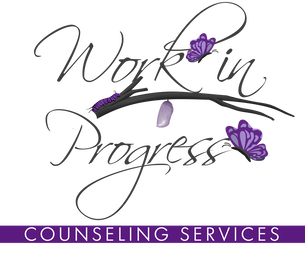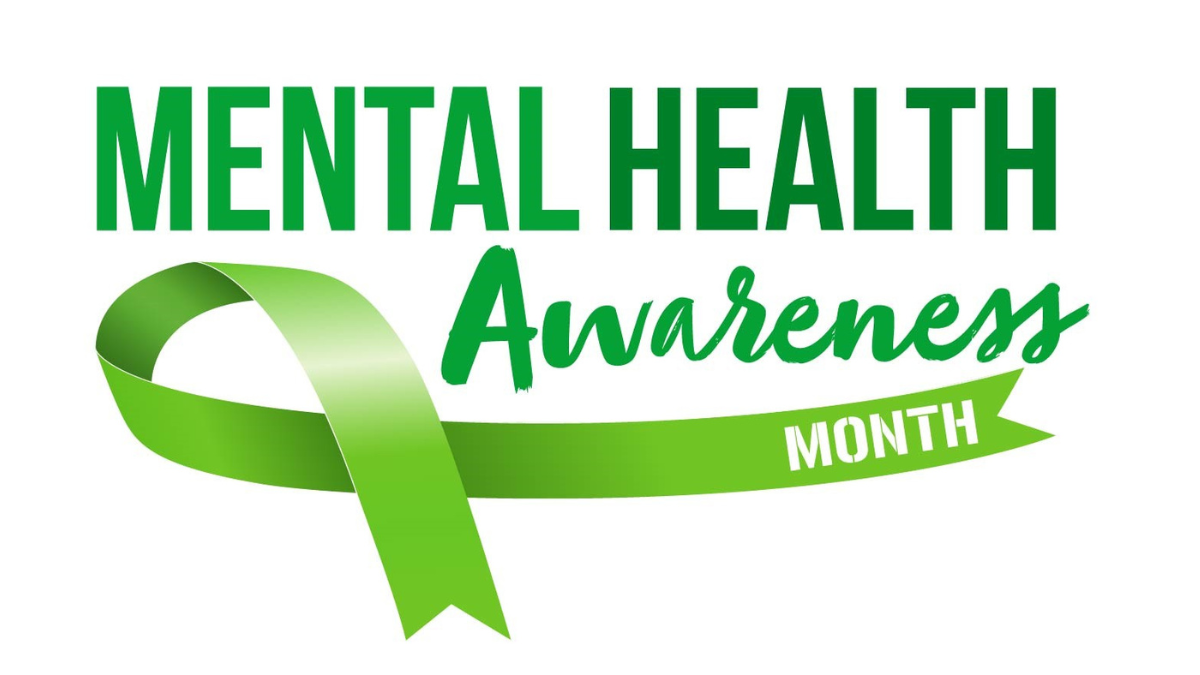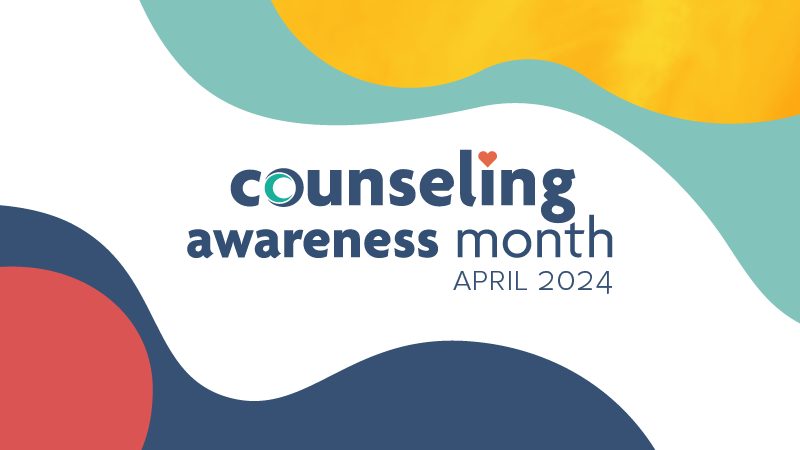Recently, I was asked “How do I support my child’s "Lifestyle" Choice?”
As we celebrate Pride Month, it is an important time to reflect on acceptance, love, and support, especially when it comes to our children and their "lifestyle" choices. Navigating the journey of understanding and supporting your child's LGBTQ+ identity can be challenging, but it is also an opportunity to deepen your bond and help them thrive mentally and emotionally. Here are some insights and tips on how to be there for your child.
Supporting your child’s LGBTQ+ identity during Pride Month and beyond is a journey of love, learning, and growth. By fostering an environment of acceptance and understanding, you can significantly impact your child's mental health and happiness. Remember, the most important thing you can do is to love them unconditionally and stand by their side as they navigate their unique path.
Let's celebrate Pride Month by embracing diversity and supporting our children in their authentic selves.
Love is love, and every child deserves to feel loved and accepted for who they are.
As we celebrate Pride Month, it is an important time to reflect on acceptance, love, and support, especially when it comes to our children and their "lifestyle" choices. Navigating the journey of understanding and supporting your child's LGBTQ+ identity can be challenging, but it is also an opportunity to deepen your bond and help them thrive mentally and emotionally. Here are some insights and tips on how to be there for your child.
- The first step in supporting your child is understanding that their "lifestyle" is not a choice but an integral part of who they are. Sexual orientation and gender identity are inherent aspects of a person’s identity, much like eye color or personality traits. Recognizing this helps in providing genuine support and acceptance.
- Apologize. If you have said or done things that were unaccepting or unloving in any manner, apologize sincerely and DO BETTER.
- Create an environment where your child feels safe to express themselves. Encourage open dialogue and listen without judgment. Ask questions if you are unsure about something, but be mindful to do so in a way that shows your willingness to learn rather than skepticism. Statements like "I’m here to understand and support you" can make a significant difference.
- Educate Yourself. Take the initiative to educate yourself about LGBTQ+ issues. There are numerous resources available, from books and documentaries to online articles, podcasts, and support groups. Understanding the terminology, challenges, and experiences of the LGBTQ+ community will help you provide better support and show your child that you respect their identity.
- Show Unconditional Love. Your love and acceptance are vital to your child's mental health. Reassure them that your love is unwavering and that their identity does not change that. Small acts of kindness, using their preferred name and pronouns, and standing up for them in public and private spaces can reinforce your support.
- Seek Support. Supporting a child’s LGBTQ+ identity can sometimes feel overwhelming, and that is okay. It is important to seek support for yourself as well. Connecting with other parents of LGBTQ+ children, joining support groups, or talking to a counselor can provide you with the tools and community you need.
- Advocate for Mental Health. Mental health is a critical aspect of your child’s well-being. LGBTQ+ youth are at a higher risk for mental health issues due to societal stigma and discrimination. Ensure your child has access to affirming mental health care. Look for therapists who specialize in LGBTQ+ issues and create a support network that includes friends, family, and community resources.
- Celebrate Diversity. Pride Month is a celebration of diversity and inclusion. Use this time to celebrate your child's identity. Attend Pride events together, learn about LGBTQ+ history, and engage in activities that highlight the beauty of diversity. Celebrating their identity can boost your child’s self-esteem and foster a sense of belonging.
- Address Bullying and Discrimination. Unfortunately, bullying and discrimination are realities that many LGBTQ+ youth face. Be proactive in addressing any incidents of bullying or discrimination your child might encounter. Work with their school or community organizations to ensure they have a safe and supportive environment. Teach your child strategies for coping with discrimination and remind them that they are not alone.
- Encourage Self-Expression. Encouraging your child to express themselves authentically is crucial. Whether through their clothing, hobbies, or friendships, support their choices and allow them to explore their identity freely. Self-expression is a key component of mental health and overall well-being.
Supporting your child’s LGBTQ+ identity during Pride Month and beyond is a journey of love, learning, and growth. By fostering an environment of acceptance and understanding, you can significantly impact your child's mental health and happiness. Remember, the most important thing you can do is to love them unconditionally and stand by their side as they navigate their unique path.
Let's celebrate Pride Month by embracing diversity and supporting our children in their authentic selves.
Love is love, and every child deserves to feel loved and accepted for who they are.





